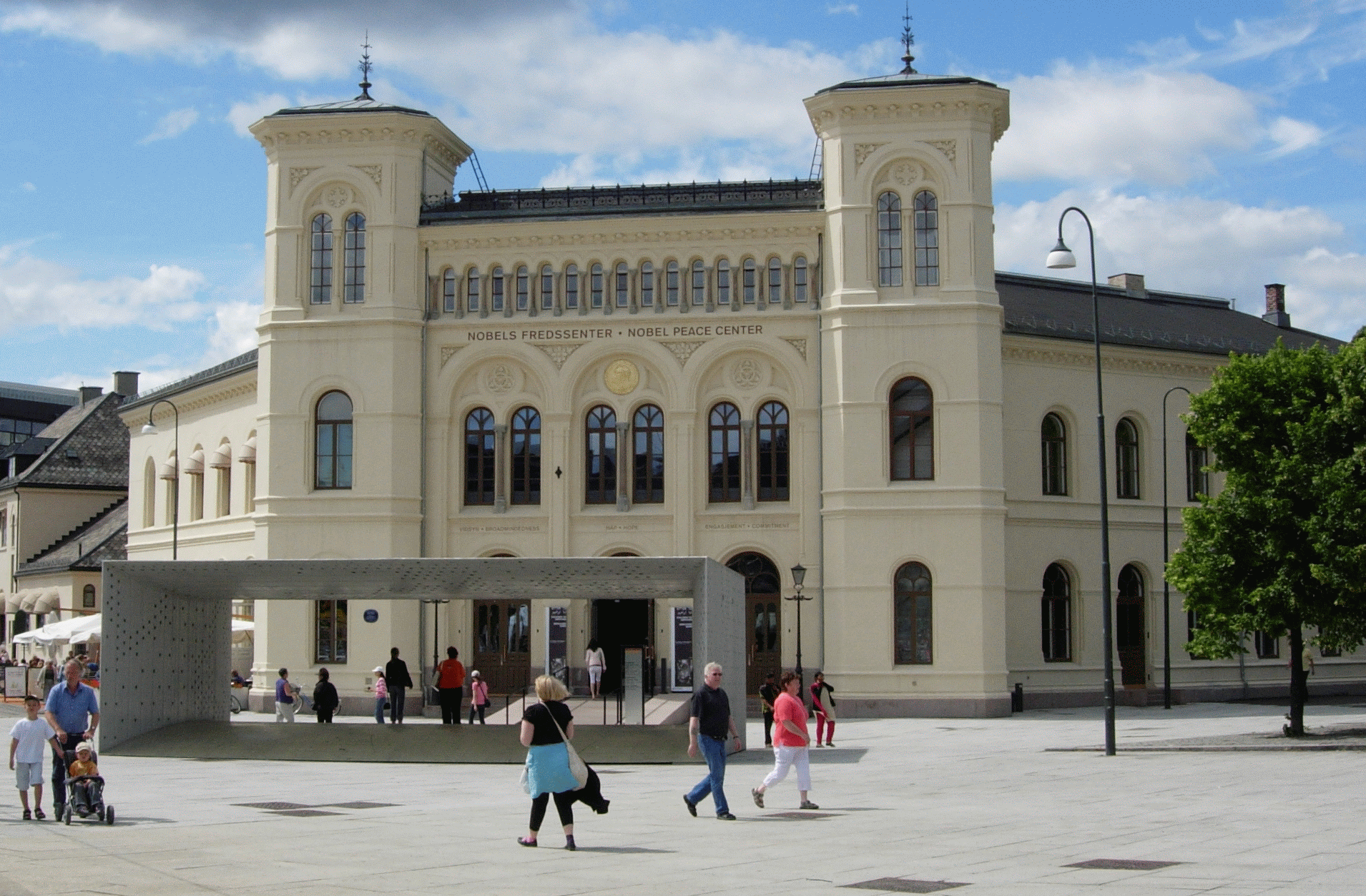Oslo’s Nobel Peace Center this month served as a launchpad for what lawmakers from around the world hope will be a global coalition to fight religious persecution.
The gathering took place in the face of escalating violence against religious believers worldwide, and against a backdrop of carnage the same week. Reports of atrocities continue to emerge from Iraq, where the Islamic State captured and continues to hold hundreds of women and children after it evicted Christians, Yezidis, and other minorities from Mosul and Nineveh Province this summer.
From Pakistan just as the Oslo meetings began came news of a brutal murder of a Christian couple. Shama Bibi, a 28-year-old mother of four who was also five months pregnant, was beaten to death and her body thrown into a brick kiln on the site where her family lived and worked in Punjab Province. Her husband Shahzad Masih also was killed after a mob estimated to number in the thousands threw him into the kiln fire alive on Nov. 3.
Loudspeakers from the local mosque incited the violence as locals believed Shama had desecrated a Quran in burning trash. But Shama, said family members, did not know how to read. After the tragedy, Nadeem Anthony, an investigator with the Human Rights Commission of Pakistan said “categorically” there had been no burning of the Quran, only paper with Arabic writing on it.
That kind of brutality helped to underscore the urgency of the Oslo gathering. After two days of meetings, lawmakers representing 30 countries on Nov. 8 signed the Charter for Freedom of Religion or Belief, a statement reaffirming “the right to freedom of thought, conscience and religion” contained in the Universal Declaration of Human Rights.
Said Baroness Elizabeth Berridge, a member of Britain’s House of Lords and one of the organizers of the new movement, “Our main goal is to use our position as legislators from different countries, political parties and faiths to try and change the reality on the ground for those being persecuted.”
Oslo, she said, represented just a start in a campaign where she expects challenges: “This initiative has only just begun and effective action requires resources. However much the needs cry out we cannot do everything at once.”
Berridge also pointed out the importance of standing with lawmakers “in jurisdictions where speaking up can come at great personal risk.” One in particular among the lawmakers in Oslo was Asiya Nasir from Pakistan. She holds a reserved seat for Christians in Pakistan’s National Assembly under the Islamic JUI-F party. As she stepped to the platform to sign the charter, the room broke into applause and one of the delegates said, “You are very courageous…Read More
Source and Original Content by Christian Headlines
